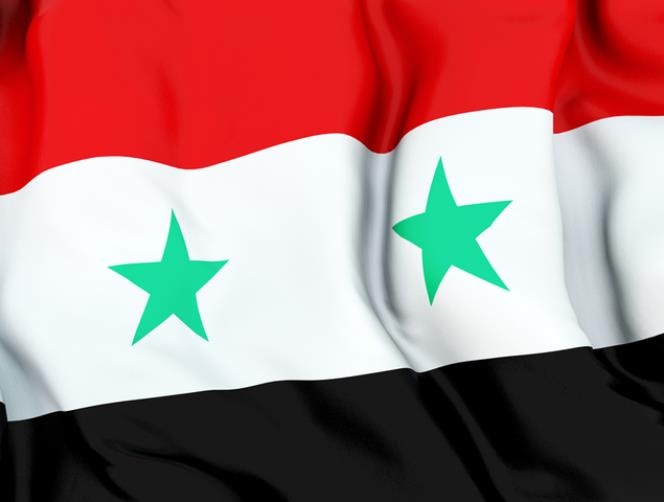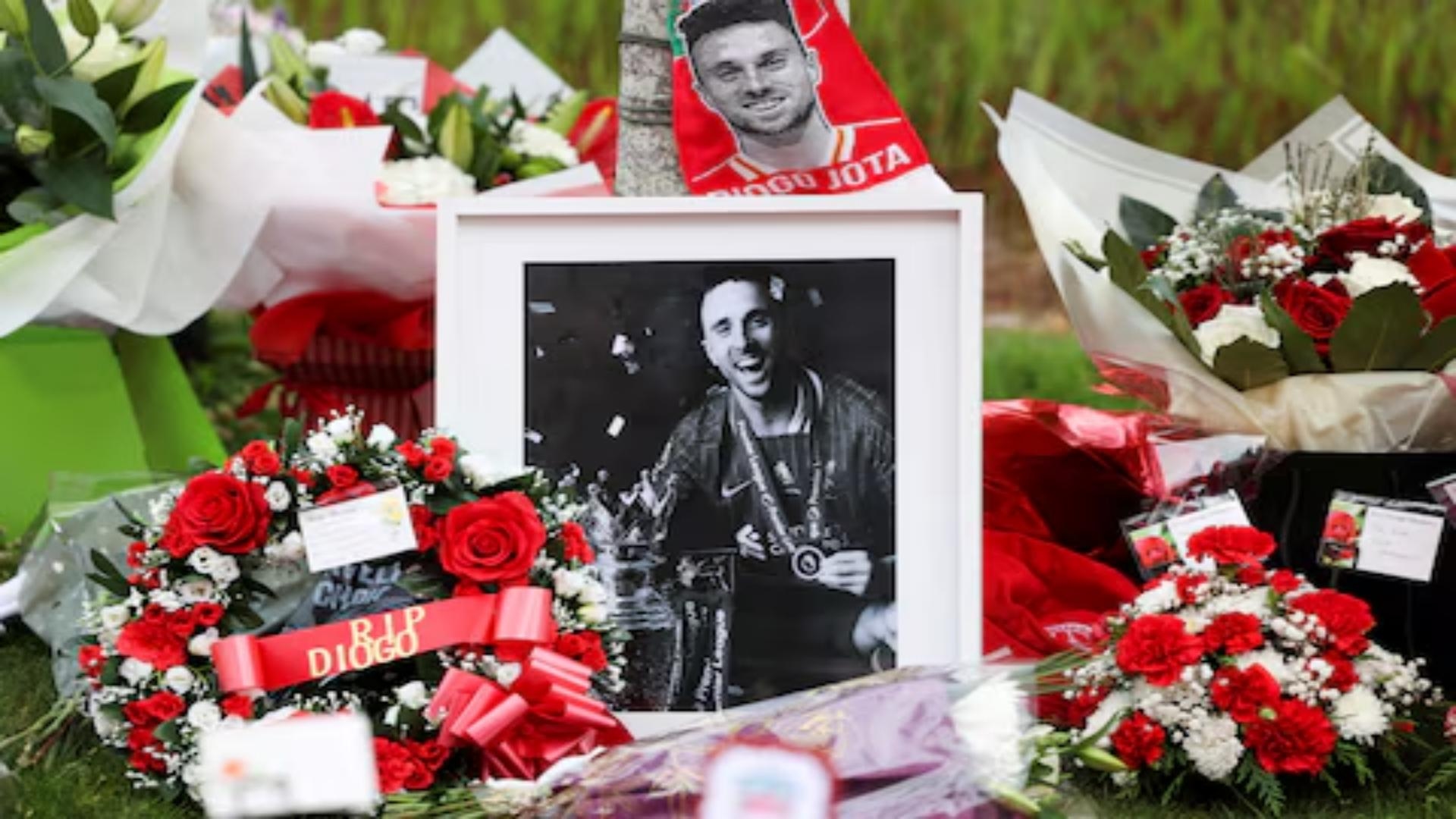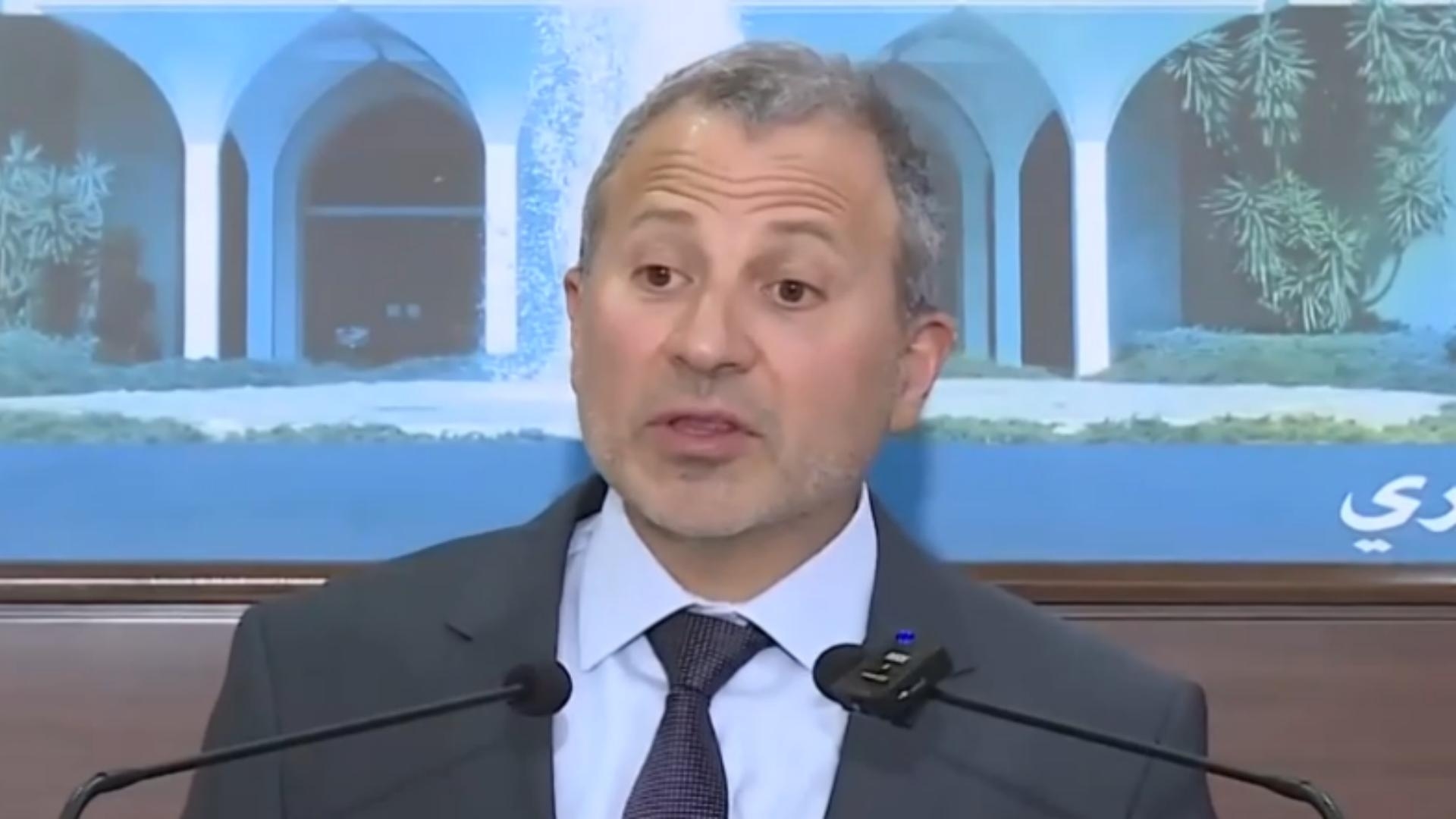Reuters
Hundreds of insurgents and their families have left two rebel-held towns on the northern outskirts of Damascus, residents and fighters said, under a deal with the government which is pushing its opponents to rebel areas further from the Syrian capital.
The evacuation happened after the army gave community leaders in Qudsiya and Al-Hama - that had enjoyed relative calm under local truces - an ultimatum to get several hundred fighters out of their towns or face a widescale assault.
The government says such amnesties are a "workable model to bring security and peace" after five years of civil war, but its opponents say forcing Sunni Muslim fighters and their families from their home towns could create new demographic frontiers and worsen sectarian tensions.
Fourteen buses left the towns carrying around 400 fighters and their families in a total evacuation of over 2,000 people in two days to rebel-held areas in northern Syria, a resident said.
"They gave us little option: leave or all hell breaks loose," said Yousef al Hasnawi, a resident on the local rebel council.
The deal follows August's surrender of Daraya, which had been one of the longest standing bastions of the uprising against President Bashar al Assad and a only a few kilometers (miles) southwest of the capital.
Daraya's fall put pressure on other besieged rebel strongholds, boosting government hopes of subduing western and eastern suburbs of Damascus.
Shortly after the fall of Daraya, in Western Ghouta, hundreds of rebels in nearby Mouadamiya which had also agreed a local truce with the government in late 2013, were forced out.
"FORCED DISPLACEMENTS"
The army has in recent days escalated bombing of Eastern Ghouta, an area of farms and towns stretching northeast from Damascus that has been in rebel hands since the uprising began in 2011.
It has also been relentlessly bombing for the last two months the besieged Khan al Sheeh, a Palestinian refugee camp in Western Ghouta from which the military seeks to evict rebels.
The evacuation deals have been criticized by the United Nations which says they set an alarming precedent for the forced resettlement of civilians of besieged areas where starvation has been used as a weapon to force rebels to surrender.
Syrian National Reconciliation Minister Ali Haider said the government wanted the United Nations to oversee the evacuation of Qudsiya to see how local truces were pacifying hotspots around the capital.
"The U.N. did not want to participate and we did not exclude them ... we wanted their presence at least as a witness to see how we are working on a workable model to bring security and peace," Haider said.
Opponents of the evacuations say majority Sunnis areas are being replaced by members from Assad's minority Alawite sect and families of Iranian-backed Shi'ites who are fighting alongside the army.
"These are forced displacements that seek to change the population's makeup with full support of the Iranian and Russian occupiers," the Turkish-based Syrian opposition National Coalition said.
Qudsiya and Al-Hama lie along a strategic route to the Lebanese border where, the opposition says, the Syrian army's ally, the Lebanese Shi'ite Hezbollah, is consolidating its presence to secure an arms and troops supply route to Damascus.









